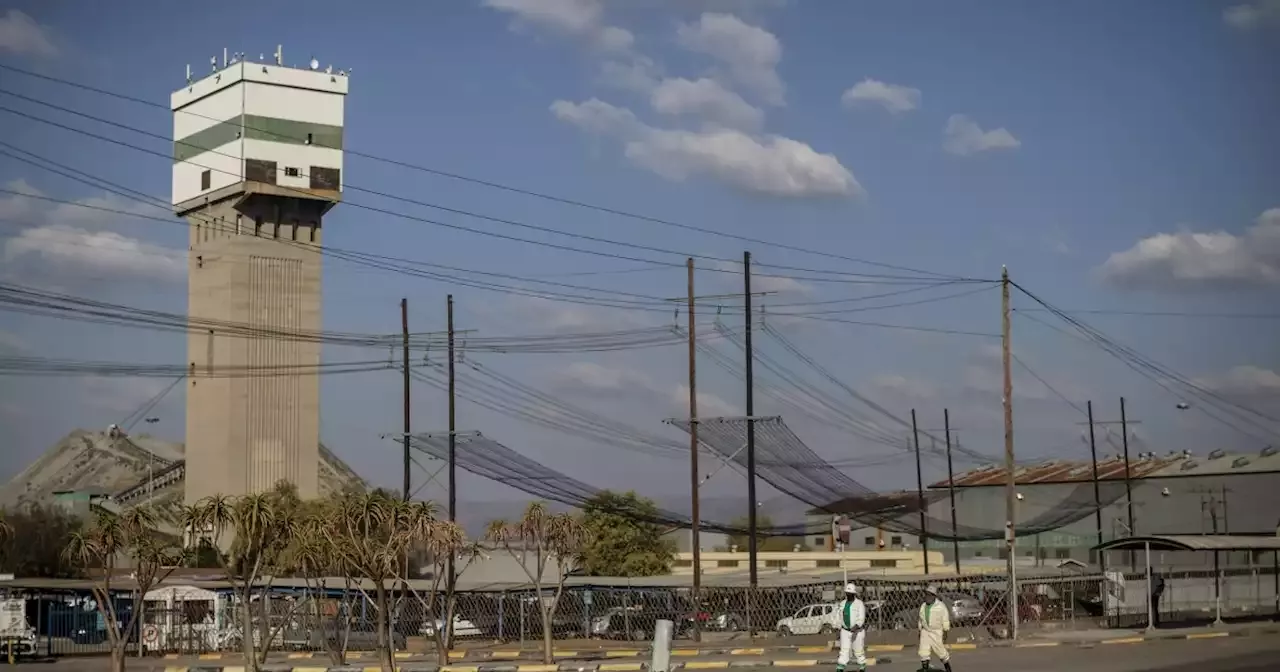
Beginning Of Closeness in China-Afghan Relations – OpEd
Soviet withdrawal from Afghanistan followed the disintegration of Earlier USSR in early 1990s and on account of its internal dissension, conflict and rivalry China remained in inactive position for a long time. On the other hand, Russian withdrawal from Afghanistan witnessed large-scale chaos, anarchy and instability in the country and Taliban, a terror militia group, taking benefit of the prevailing situation captured the power of the state in the year 1996 which lasted till 2001, but was overthrown by US forces when they began search for world-famous terrorist Osama bin Laden.
The new interim government was formed under the presidentship of Hamid Karzai which opened a new chapter in Afghan-China relations and reestablished a strong bond of closeness as well understanding between them. As a gesture of goodwill, in December 2001 China sent a working team of the Ministry of Foreign Affairs which attended the Afghan Interim Administration’s foundation ceremony and also dispatched a message of congratulations to the newly appointed president. In the period, with deepening of relations China explored its possibility of increasing businesses and kept itself aloof from politics aa well as security problems of the country. In nutshell, Beijing focused only on commercial purposes and refrained from involving in US-sponsored anti-terror campaign initiated in post-9/11 phase, political reconciliation and economic reconstruction, as it did not want to perform as a subordinate partner in any way of the Western coalition.
However, over the years, the considerations in Kabul changed with Taliban becoming more and more powerful and capturing one territory after another. The Western powers, under the lead role of the United States also felt the futility of continuing the war against the prevailing terror groups. As a result, a consensus emerged among the powers concerned to establish peace in Afghanistan through non-military means and it finally materialised in February 2020 when US agreed on withdrawing from Afghanistan.
Security motivations of China
Although, Afghanistan remained unstable for last three decades, Beijing began taking interest in Kabul’s affairs since the emergence and expansion of Taliban, a potential terror militia, at the close of the century or roughly from 2001 when the first government of Taliban collapsed due to waging of a decisive war against the terror groups, particularly, Al-Qaeda and its chief Osama bin Laden.
As China is in the neighbourhood of Afghanistan and share about 76- kilometres of border, the developments in Kabul directly posed threat to China province Xinjiang where Uighur Muslim-dominated population reside. China too, for long has been suffering from the terror activities of Uighur Muslims of Xinjiang province and meanwhile, a good number of Uighur Muslims have taken shelter in Pakistan’s Federally administered Area (FATA), and the southern and eastern provinces of Afghanistan.
According to an estimate, about eight thousand Uighur Muslim terrorists are living in Afghanistan preparing for terror war against the Beijing. In addition, the terror groups having originated from Xinjiang province and living in Afghanistan have transnational connections with Islamic Movement of Uzbekistan (IMU), Islamic State of Khorasan Province (ISKP), Turkestan Islamic Party TIP). They all want and active enough to establish an Islamic State of East Turkestan in Xinjiang.
Thus, the entire Chinese activities in Afghanistan revolves around its domestic security perceptions and therefore, it has ignored the works of political reconciliation and other reconstruction in the country. In the context, Beijing was ready to train Afghan soldiers on Chinese soil to forfeit the purpose of (ISIS), Al-Qaeda and a host of other terror outfits who wish to infiltrate into Xinjiang province of China through the northeastern border of Afghanistan and get fulfilled their dreams.
Economic interests of China in Afghanistan
In Chinese considerations national security apart, there are two main economic/commercial factors that attracted Beijing most to come close to Afghanistan- a. China’s own trade interests, and b. Afghanistan being a hub of natural resources.
In comparison to the other countries of the region, location of Afghanistan is significant as it opens the commercial as well as vast trade routes and avenues to South Asia, Central Asia, West Asia, and China. Beijing, being the largest exporter of the region, which has developed most in recent decades and years, naturally, requires immense world markets and sales agents for its economic prosperity and power in the comity of nations.
Its latest trade controversy with the United States of America initiated with assumption of Donald Trump as the President of US (and continued under the Biden administration) has made it difficult for China to trade in Western nations in general, particularly with those the US retains good relations and understanding. The second lucrative cause for Beijing’s temptation in Afghanistan is its natural resources which include from being rare earth elements to copper deposits, iron ore, gold, lithium and more.
Keeping in view the said objectives Beijing has also expanded in Afghanistan under its policy of Belt and Road Initiative (BRI), a dream of global growth project initiated in 2013 and running in over hundred countries of the world to help/develop undeveloped and undeveloped countries. After three years of its launching, China and Afghanistan, in 2016, signed a Memorandum of Understanding (MoU), in which they both expressed their joint commitment to promote co-operation under the BRI projects, which will also, in future, integrate Kabul in intercontinental infrastructure and boost its economy. As a result of decades of understanding between the two, especially since 2001, China emerged as a significant trading partner of Afghanistan and it reached 544 US dollar in 2017 and in the year, they also signed a custom-free trade agreement which opened a bright chapter in their economic relations.
Forward movement of China in Afghanistan
Keeping in view the larger interest, the People’s Republic of China, moved gradually to take a bigger role in the internal affairs of Afghanistan and started initiating peacekeeping efforts with the help of Pakistan and Afghanistan through shuttle diplomacy, in addition to joining a regional pool, Quadrilateral Coordination Group since 2015. It also viewed correctly, weakening position of Afghan government in the country and establish a good rapport with Taliban in past recent years to ease its relations with Afghan government and the people as well.
In August 2021 when US withdrew finally and completely, Taliban captured political power in the country and in following days formed a government to rule over the nation. In return of Chinese help and assistance, the ruling Taliban has called China a close friend and assured Beijing to curb militant support given from Afghani soil. At present, it appears a good regional combination of China, Pakistan, Afghanistan and likely to continue in days to come unless something happens unexpectedly.

Dr. Rajkumar Singh
Dr. Rajkumar Singh is a University Professor for the last 20 years and presently Head of the P.G. Department of Political Science, B.N. Mandal University, West Campus, P.G. Centre,Saharsa (Bihar), India. In addition to 17 books published so far there are over 250 articles to his credit out of which above 100 are from 30 foreign countries. His recent published books include Transformation of modern Pak Society-Foundation, Militarisation, Islamisation and Terrorism (Germany, 2017),and New Surroundings of Pak Nuclear Bomb (Mauritius, 2018). He is an authority on Indian Politics and its relations with foreign countries.








/cdn.vox-cdn.com/uploads/chorus_image/image/70869934/1240627006.0.jpg)








